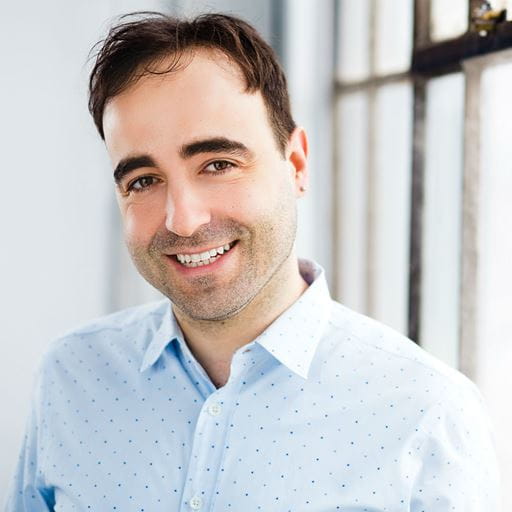Essex researchers are focusing in on the often overlooked rural economy in the UK, Italy and Germany thanks to funding from the Leverhulme Trust.
In developed countries, twenty-five percent of people live in rural areas, but the level of unemployment they experience is overlooked with most research on regional economics focussing on cities.
The project will help tackle the challenge of regional inequality by looking for significant differences in economic performance across rural areas, whether industry turnover leads to growth in employment and what happens when tourism increases in a rural area.
The Essex project will address this knowledge gap to support government policy.
Dr Michel Serafinelli from the Department of Economics at the University of Essex, will lead this project, to analyse the way the labour market has changed outside cities in the three most highly populated countries in Europe.
Dr Serafinelli said: "Many rural areas have seen a decline in jobs over several decades which has spurred a debate about place-based policies. The UK is currently attempting to reduce the differences in levels of employment and incomes through its ‘Levelling-up’ agenda, and the EU is spending nearly 100 billion Euros on rural development programmes at both national and regional level.
“But what my research will clarify is how universal the weak labour demand is across rural areas. And importantly, if there are rural areas that buck the trend of declining job markets, low wages, and identify what has led to that.
“Our goal is to provide new evidence regarding the differences in employment growth across rural areas, the industry turnover and the changes observed in successful areas."
The research project will start in August and the recruitment of a post-doc to work alongside Dr Serafinelli on the study will begin soon.

.jpg?mh=500&mw=500&hash=6568B6C9CCF5290A596BEF6678B6AD0E)




